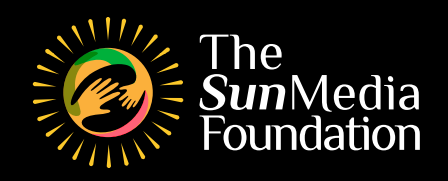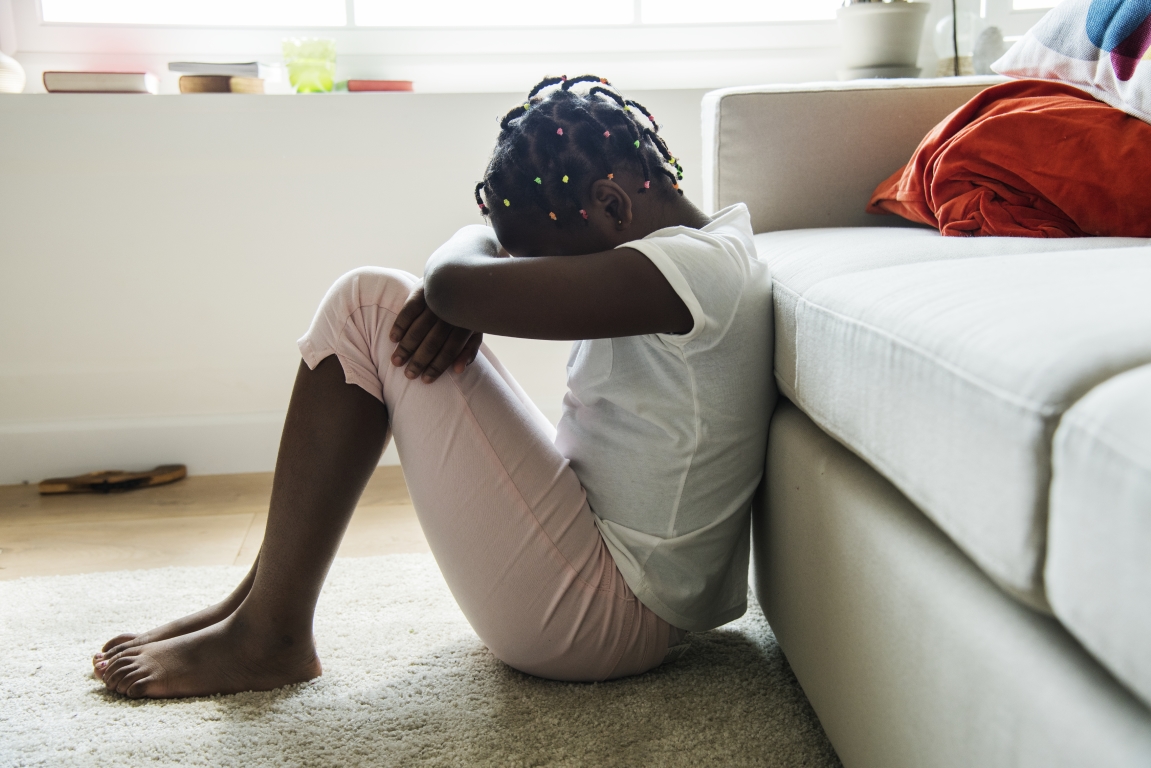For over two decades, Nigeria has witnessed successive administrations making solemn vows to combat institutional discrimination against women and girls. From Goodluck Jonathan’s commitments to Muhammadu Buhari’s promises and the current administration under Bola Tinubu, political leaders have wooed women voters with pledges of zero tolerance for discrimination against women. But have these promises translated into tangible change? Let’s delve into the progress, challenges, and the road ahead.
Education: Bridging the Gender Gap
One area where Nigeria has shown progress is in education. Over the years, there has been a remarkable increase in girls’ enrollment in schools. According to the Nigeria 2013 Millennium Development Goals Report, the national ratio of girls to boys in secondary schools rose from 79.9% in 2008 to an impressive 88% in 2012. Programs like the Adolescent Girls Initiative for Learning and Empowerment (AGILE) have played a crucial role in boosting enrollment and retention of girls in schools. Across states like Kaduna, Kano, Katsina, Sokoto, Kebbi, and Plateau, AGILE has implemented scholarship programs that have benefited more than 15 million girls, with one school principal reporting a 50% increase in female student attendance.
The government’s aspiration is to ensure equal representation of girls and boys in schools, a laudable goal on the path to gender equality.
Affirmative Action: Steps Forward and Backward
Affirmative action in government appointments has seen mixed results. Former President Jonathan appointed Aloma Maryam Mukhtar as Chief Justice, making a significant stride in promoting gender diversity in high-level government positions. However, the 2006 National Gender Policy’s recommendation of 35% female representation in government posts remains unmet. While Jonathan’s government claimed 33% representation at executive levels by May 2013, subsequent administrations have fallen short. President Buhari’s government had only 16% female representation, while Tinubu’s administration boasts a relatively better 29% affirmative action.
Unseen Discrimination: Social Barriers Persist
Yet, less quantifiable forms of discrimination continue to hinder gender equality efforts. The deep-seated influence of patriarchy, traditional beliefs, customs, and a lack of female participation remain formidable obstacles. Early marriage, teenage pregnancy, and widespread poverty disproportionately affect girls in Nigeria, particularly in the northern regions.
UNICEF reports that 39% of Nigerian women marry before turning 18, with 19.6% marrying before they are even 15. Shockingly, marriage decreases the likelihood of 15 to 19-year-old girls attending school by up to 67%. Despite the 2003 Child Rights Act criminalizing marriage below 18, many states in the north have not adopted this legislation, leaving the problem unaddressed and reinforcing gender inequality.
In a puzzling move, in 2014, Senator Ahmed Sani Yerima blocked an attempt to amend the constitution that considers girls below 18 as adults if married. This action perpetuated child marriage, even as it is internationally recognized as a human rights violation.
Justice and Property: Unequal Rights
Discrimination against women extends to the justice system and property ownership. In some customary law marriages, women are denied the right to own property as they are considered their husband’s possessions. A 2006 National Bureau of Statistics survey revealed that only 7.2% of women owned land, compared to 38.1% of men. Despite a Women’s Housing Plan Initiative in 2010, which aimed to support women in property ownership, the focus remained primarily on the high-value real estate in Abuja.
Women also face discrimination in the Islamic legal system, where their testimony carries less weight in sharia courts, particularly in the north. These issues have remained unaddressed by the government.
Conclusion: A Long Road Ahead
Nigeria’s progress in bridging the gender gap in education and affirmative action is commendable. However, it is essential to recognize that substantial challenges persist. The gender parity trend in secondary school enrolment, for instance, experienced a setback in 2012. Furthermore, legislative changes that could make a significant impact, such as the Gender and Equal Opportunity Bill and the Violence Against Persons Bill, are still mired in deliberations.
As Nigeria moves forward, there is a clear need for comprehensive measures to address the deep-rooted social and legal barriers that perpetuate discrimination against women. While strides have been made, the government must take concrete steps to fulfil its promise of curbing all forms of discrimination against girls and women. Only then can Nigeria truly become a more equitable and inclusive society for all its citizens.

